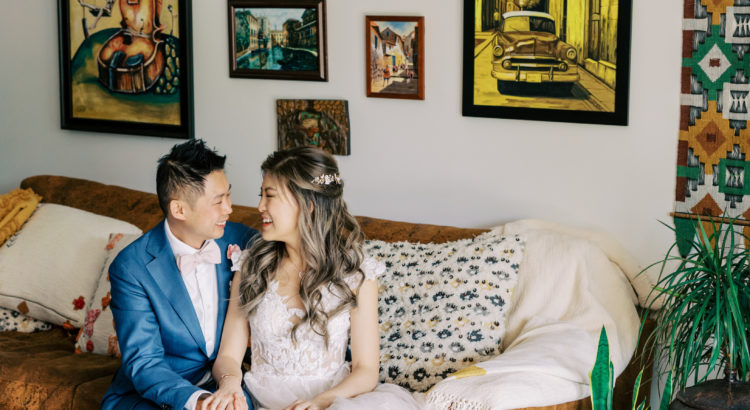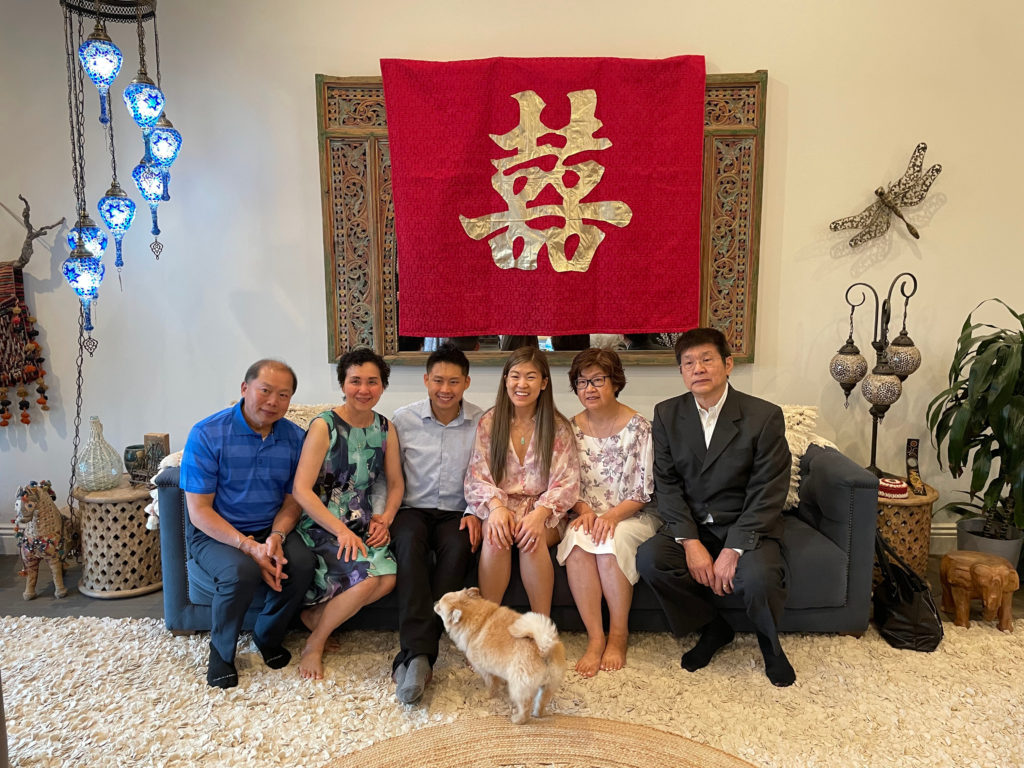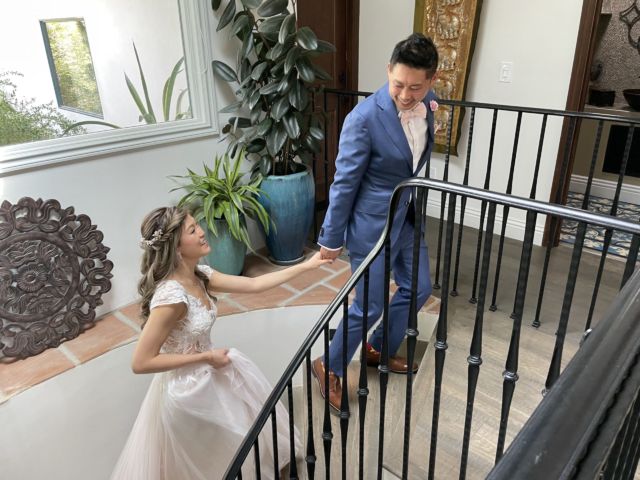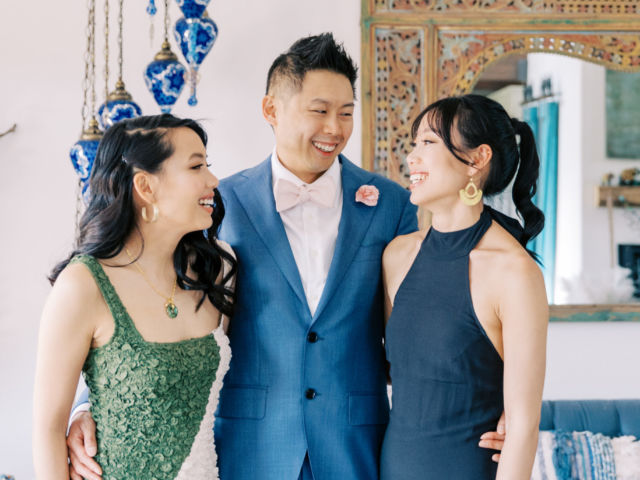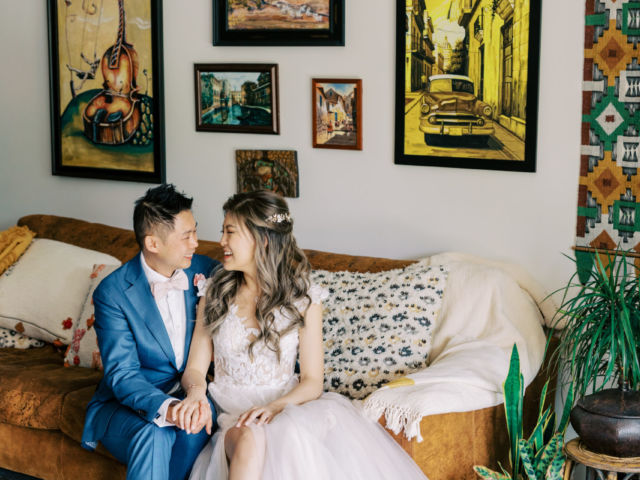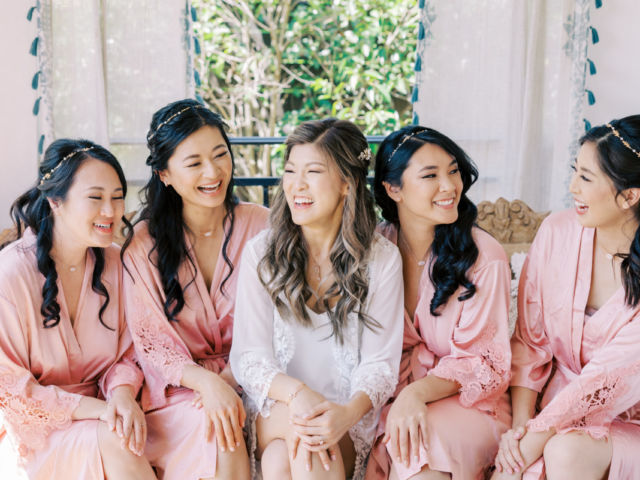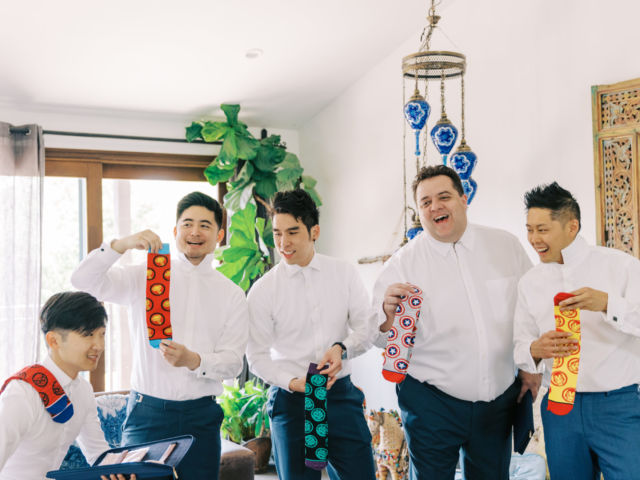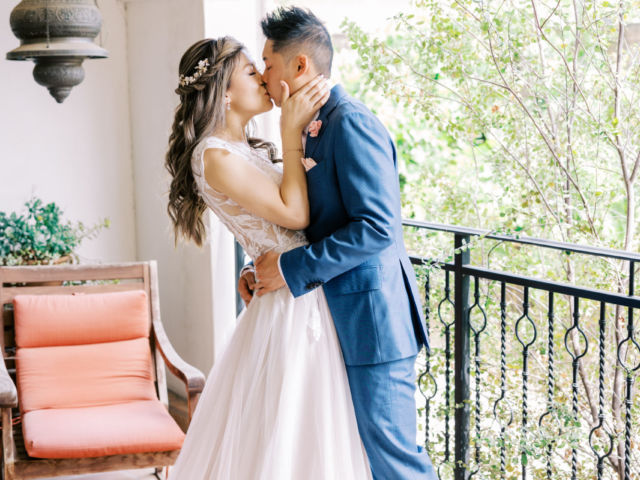The second part of my series on designing the wedding will continue focusing on the planning process itself. In case you missed it, you can catch the first part, which summarized some overall thoughts on the day here. This second part is going to be relatively general and abstract, focusing on core principles we used to guide our overall decision making process. The next part will be still centered on the wedding development process itself, but with an emphasis on more concrete tools we used.
These fundamentals should be fairly obvious. If you look at it from a certain perspective, weddings essentially are big, high stakes projects to manage. It follows then, that a lot of project management 101 tools are useful.
Start Early:
The single best thing we did to make our wedding a success was simply starting our planning early. Seriously. It sounds simple, but it truly helps in a myriad of ways, and in many cases you literally don’t have a choice.
COVID caused a lot of the issues around pent up demand, increased competition, and supply chain woes, and I don’t see it changing anytime soon. We started planning around April of 2021, before I had even officially proposed… but still, all Saturdays in 2022 were already booked at our first choice venue.
Even though we decided to DIY much of the wedding, we never felt like we were drowning under a terrible amount of pressure or rushing to get things completed. I’ve heard horror stories about bridal parties being enslaved and rushing to finish a bunch of stuff right before the wedding, but we intentionally tried to make things as simple as possible for our friends.
In essence, starting early builds in flexibility and resilience (more on this later), which in turn reduces stress levels for everybody involved!
Setting Expectations:
This is a big one. So big that honestly each of these probably deserves to be its own top level bullet…
Set expectations with yourself
First and foremost. I’m not tryna write a self-help book here, but don’t judge your wedding (or yourself by extension) by comparing it to others’ weddings. After seeing things up close through taking part IN FOUR weddings the year before ours, it was difficult for me to not compare… especially given how amazingly successful and fun they each were in their own ways. What helped me was reframing my thoughts as taking inspiration from the amazing experiences my friends had to build my own.
Along these lines, realize that your wedding is a celebration of YOU AND YOUR PARTNER. None of your true friends should be judging you by how your wedding goes. Take pride in doing what you think is best and owning it! Avoid toxic weddinglinity–there’s no dishonor in making things easier on yourself, or not following all things traditionally. You should decide what’s important, and you do you!
Dream big, but don’t be irresponsible… (aka budgeting)
With enough time, money, and willpower, all things are possible. Unfortunately for most of us, a deficiency in at least one of these resource categories keeps us from pulling off everything we want for our wedding in its most ideal form. I’m a natural optimist, and I still believe you should go into planning with a blank sheet, blue sky perspective on what things can be. However, you also need to be somewhat realistic on how much time and money it will take to achieve your ideas. We thought of budgeting as simply an additional requirement we had to come up with creative solutions to meet. Frankly, in a lot of cases, having more constraints can help force you to make your processes and designs better and more efficient ;).
We both agreed to pay for the wedding ourselves, with a 50/50 split between the two of us. This enabled us to take a top-down approach, starting with how much we knew we could responsibly spend, and then setting budgets for the subcomponents. I don’t know about you, but it makes it easier for me to stick to budgets when I’m dealing with my own money. Overall, we were fairly successful in sticking to what we originally budgeted, but we still inevitably overran it in some areas. We were fortunate enough to be in the position that we could absorb the cost of the wedding without any major impacts to our longer term goals. Don’t get me wrong, I love weddings and mine was the best day of my life, but it seems unconscionable to me to take on any sort of debt or other heightened risk to host the event…
Since weddings are a union between two partners, it’s important to set expectations with one another. In other words, you MUST…
Communicate!
It sounds simple, but can be hard, especially when the emotional stakes are high.
I am particularly proud of the way Tiffany and I managed our communication throughout the planning process. To help manage our conversations between ourselves and with our vendors, we created a shared gmail account to keep track of emails and documents (more on this in the next installment as well!).
Tiffany did a good job at making sure we were actually completing our tasks in a timely manner. My general approach to complex projects is to take care of big, non-negotiable things first while leaving smaller things to be done on a more nebulous time frame (sometimes you can’t just schedule creativity!). It drove Tiff mad sometimes since her style is more about seeing concrete progress and results, and we had slightly different definitions for high priority items. Looking back, I should have communicated better, but if I saw 60-80% of a solution to a problem in my head, I automatically deprioritized it, willing to take a calculated risk. For example, we got into a minor argument about the design of our escort cards. In my head, I had an idea nearly fully formed, so I didn’t think much of it and was happy to delay the work instead focusing on something else. However, my description made it needlessly difficult, hence a small quarrel ensued. I took 5 minutes to cut out a prototype, and sure enough, Tiff’s fears were assuaged.

Luckily for us, we didn’t have issues with communication between us and any outside parties. Most of this is due to how are friends and family simply are, but at the same time, we did try to tell everybody well in advance what our plans were, and what we needed help from them on. I am so glad we avoided problems akin to those I’ve seen from peoples’ posts online. I’ve read rants from brides on the verge of tears about parents/future mothers-in-law being insanely demanding, bridal party members being irresponsible, and drama in general.
In terms of cultural demands, both of our families were relatively progressive on this front. The only ask from my parents was a tea ceremony. My dad prepared a giant double happiness sign for the event, so we made it happen with the help of our bridal party:
Decide what REALLY matters to each partner
We began our planning process bright eyed and with expectations as realistic as possible. We each thought of things within the wedding that were particularly meaningful to us and made sure to convey it to the other. Conversely, we both had certain items which we had less of an opinion/were more flexible on. Knowing both made it much easier to prioritize and make tough decisions.
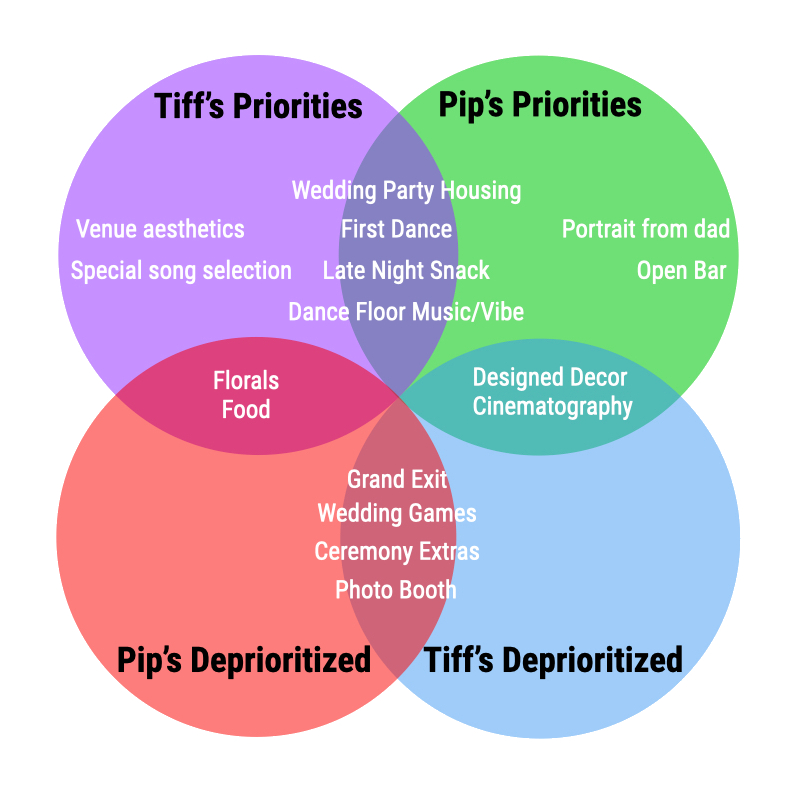
While we didn’t formally write everything out or graph it at the time, I did notice that our priority lists were actually VERY complimentary (I’m not sure how abnormal this is?)–that is, most of the things I wanted the most weren’t a priority for her, and vice-versa. Looking back, I guess this is one area where being different made things easier. Our division of labor was obvious since we could both focus our energies on what we each cared most about, and trusted the other’s judgment on what they were more passionate about.
This doesn’t mean we both got everything that we wanted, of course–we’re not baller enough. The biggest sacrifice we had to make was on our guest count (mostly on my side). Due to the uncertainty COVID brought, the limits of our venue, and the expense entailed, we simply could not invite everybody we wanted to, and ended up with an intimate wedding of only 90 guests. The biggest enabler of a reduced guest list was actually a creative suggestion from my parents. I have a very large family, but the majority of them are in the Chicago area, so we had a wedding banquet for 30 of my aunts, uncles, and cousins in lieu of inviting them to fly out to the main wedding.
While we found it helpful and intuitive for us to KNOW what we each wanted for various parts of the wedding, it wasn’t something which was set in stone. Additionally, we were blessed to have attended so many weddings immediately before ours, so we had a pretty good idea about what would be most meaningful to us from the onset. Even had we not attended multiple weddings before our own, I feel that a lot of what we wanted would have crystallized as we went through each phase of planning, from researching options, weighing pros and cons, talking to our vendors, asking for advice from friends, walking through schedules step by step, etc.
The key was understanding that even though we set a rough budget we wanted to stick to beforehand, the wedding was not a zero sum game. We worked very well together to come up with creative solutions that ensured we both got what we wanted while keeping within our constraints.
Plan to be flexible
The last concept I wanted to highlight was building resilience in our schedule and overall plans. If COVID has taught us nothing else, it’s the fact that life can be unpredictable. It feels like now more than ever before, things can change completely without notice. I’m glad that this collective trauma we’ve faced together has (hopefully) helped everybody become a bit more understanding and empathetic to the fact that we’re just trying to do the best we can with the resources at our disposal. That being said, I found it imperative to have a Plan B for everything–and honestly, starting early was a huge factor in resilient planning.
The biggest oh **** moment for us was when the housing for our bridal party fell through. We had booked a venue months in advance, however the owner ended up taking advantage of the insane housing market by selling the property, and canceling our reservation. Given that we only had a few months’ notice, a huge group, and were looking at a busy holiday weekend, we panicked a bit. Our next steps were obvious though, since we were guided by the fact that we both knew that we both wanted our wedding party to be together. We agreed without question that we had to book a replacement immediately, and we would simply take on any cost differences. Without a question, this was the correct decision, and I am thankful we were able to book such an amazing property… The photos speak for themselves! Take a look below:
Had we not gotten on the same page beforehand, knowing that we both wanted a great looking location to shoot our getting ready photos with all of our friends at, I’m not sure we would have moved with such conviction and alacrity to secure the house. I’m just grateful that we created a system for ourselves that made the decision simple.
Thanks for tuning in!
Thanks for sticking with me to the end of this long, long post. I wrote earlier about these principles being the stuff of project management 101, but reflecting a bit, I also see that many of these concepts (e.g. communicating, realizing things are not zero sum) are among basics in relationship building as well. Next time, I’ll be writing about more concrete tools and planning methods we found effective in designing our wedding.
